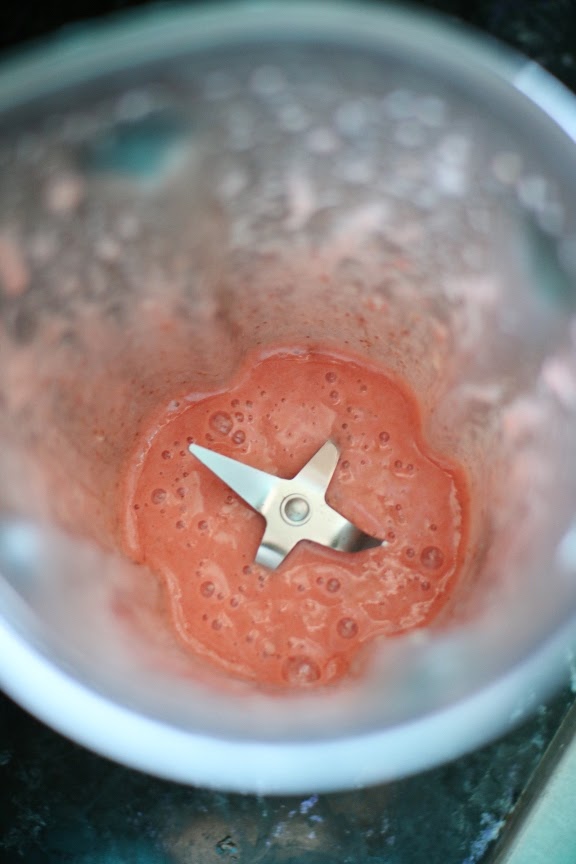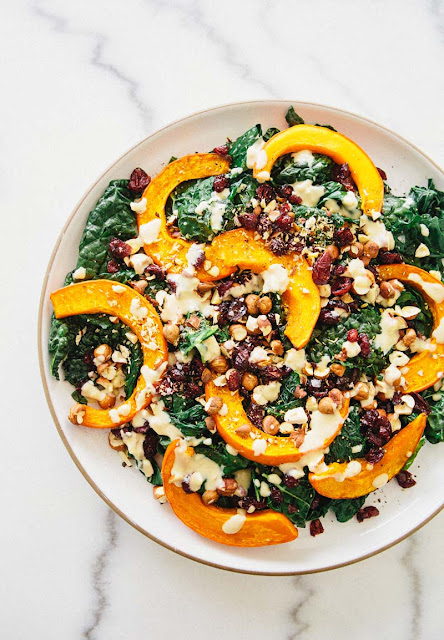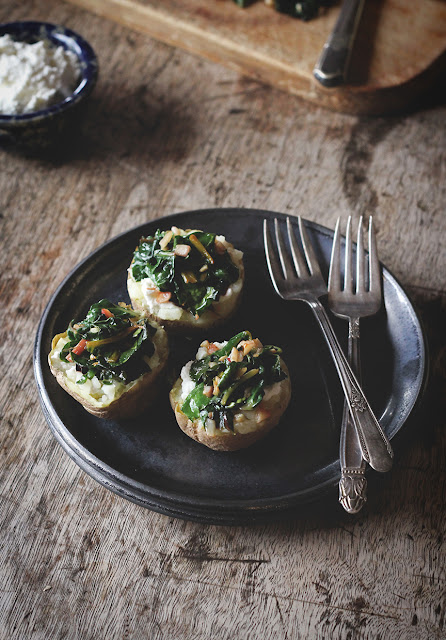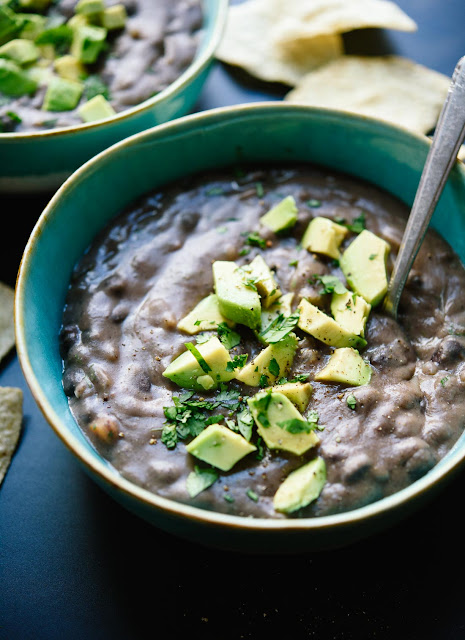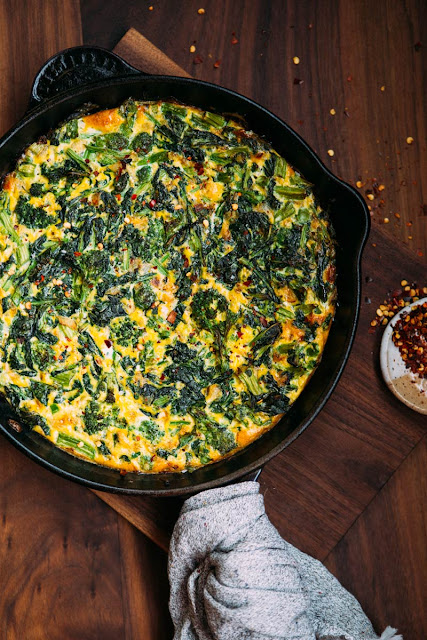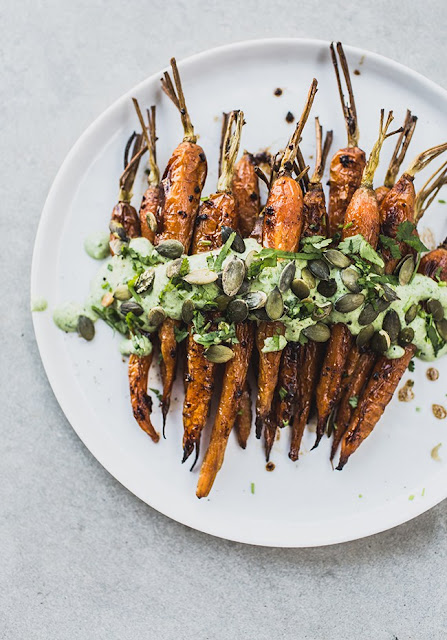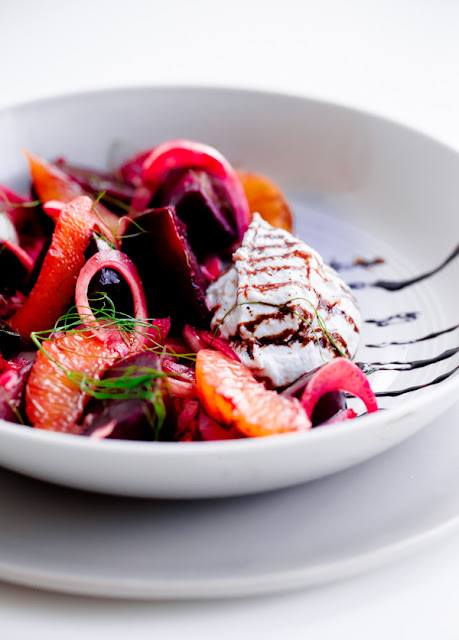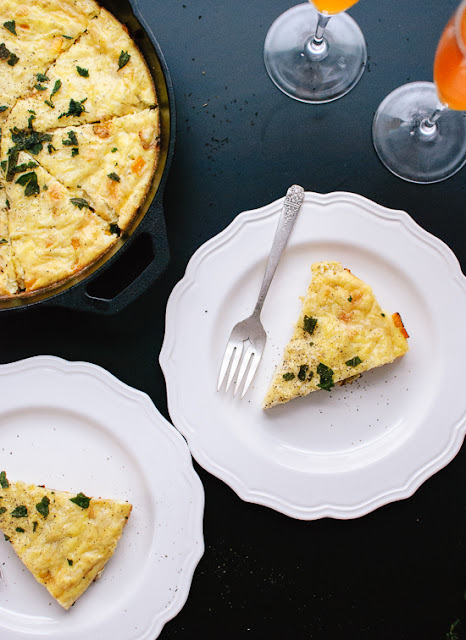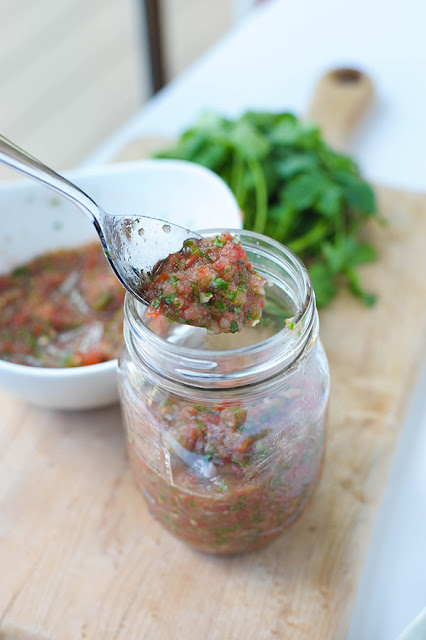"If the prophet had told you to do some great
thing, would you not have done it?" -2 Kings 5:13
This is from the story of Naaman seeking healing
for leprosy. From a servant, he had heard that there was a prophet in another
land who could possibly heal him. If you've gathered that Naaman must have been
pretty desperate to travel so far based on a suggestion from someone so low in
rank, you're right. Leprosy is a disease that can be so contagious that you can
no longer live with your family. If you were dealing with something that nearly
cuts you off from your community, you would try about anything to cure
yourself, right? Imagine the expensive doctor consultations and bizarre
therapies sufferers like Naaman must have undergone in an attempt to regain
their lives. It seems too familiar.
As I'm sure the rest of you do, I know way too
many people who have been given a life changing diagnosis. I think of my
friend's mom who died of cancer before seeing her daughters get married or
meeting her grandchildren. I think of a friend my age who is preparing for a
double mastectomy. I think of my grandmother who passed away after multiple
rounds of chemotherapy. I think of community members still working to pay off
the massive debts accumulated for treatment, long after their loved one is
gone.
In my community, cancer diagnoses are met with
heroic resolve. Families put on a brave face, and seek out the most aggressive
treatment for their loved one while hoping for the best. Top oncologists and
clinics are sought out and no expense (stacking up well over the six figure
mark) is spared. Communities rally with meal deliveries and prayer meetings and
fundraisers. In high school the entire basketball team and most of the boys in
school shaved their heads in support of a classmate who was losing his beloved
long hair to chemotherapy. I just watched a video of a college student who dropped out of school to help a leukemia-diagnosed friend fulfill his bucket
list. Those diagnosed with cancer are willing to undergo horrendous
chemotherapy and a slew of nasty side effects in hopes of clinging to life. We
are willing to do the big things.
And that's basically where Naaman was. Something
difficult, sure. Something impressive sounding, absolutely. Remove body parts,
endure radiation, yes. Do something so small it seems to lack significance? Not
so much.
In the past few months I have been able to watch
the documentary series The Truth About
Cancer and that's been incredibly eye opening. The premise of the series is
that cancer is a curable with a variety of nontoxic treatments found all over
the world. There are nine episodes and you hear from dozens of people who were
given scary diagnoses and conquered cancer. And what was surprising to me is
how simple some of these things are.
"One of the most unfortunate detox memes that
has emerged over the past few decades is the idea that detox must be
"heroic" to be effective. This idea says, essentially, that an
effective detox can only be achieved through tremendous suffering and pain."
-Mike Adams
Who hasn't felt this way before? I've heard from
many friends who gave up on their health goals because, "it wasn't worth
it." Isn't this the idea that leads us to believe that a scary disease
must be met with a state-of-the-art, high-risk, big deal plan for treatment? It seems
like this was Naaman's belief too. After dealing with the physical pain and
social stigma of leprosy for who knows how long, Elisha told him that all he
needed to do was wash in the Jordan River seven times for restoration. And what was his response to the news of how to get his life and health back? Naaman
was angry. He expected something bigger.
"I thought surely that he would come out to
me and stand before me and call upon the name of YHWH Elohim, and he would wave
his hands and cure the leprosy." -2 Kings 5:11
Naaman was offended with how simple the path to
healing was. Imagine him saying, What
does bathing have to do with anything? That's never helped me before or The water quality is higher at my home so I
would have seen a difference there if that was going to work or Does he seriously think I haven't tried
bathing? And honestly, that completely echoes with what I hear from others,
not only about cancer treatment but healthy living in general. Small changes don't lead to big differences.
Simple things don't work.
But a little thing worked for Naaman.
"So he went and washed himself seven times in
the Jordan, according to the word of the prophet, and his flesh was restored
and became like the skin of a child; and he became clean." -2 Kings 5:14
Are you willing to do a small thing for the sake
of your health? Whether you are facing a life-threatening illness, dealing with
allergies, feeling sluggish and tired, or simply want to be around as long as
possible for your family, there are straightforward steps you can take to
better your health that are truly doable. If you believe your body is a temple
for the Holy Spirit then you should believe that it's worth it to invest time,
finances, and effort into caring for it. The following are simple things that
anyone can do, you don't need to be an expert, a millionaire, or a fitness
fiend to incorporate these steps into your life. I am not a doctor so of course
seek specific advice for you and your family from a qualified holistic professional.
Simple changes for a healthier lifestyle:
Drinking more water. Your body needs to be well hydrated to eliminate water-soluble toxins. Therefore, a simple (and free) way to support your body's detoxification abilities is to drink plenty of water. If you replace pop or sugary processed drinks with water, all the better.
Going for walks. Exercise is key to a healthy lifestyle, we've all heard this before, but you don't have to be a P90Xer or bodybuilder to be active. Seriously, if a hardcore workout regimen is intimidating just start with walking. In addition to the physical benefits of activity, exercise is a great way to manage stress. So walk around the block after dinner, catch up with a friend via a walk instead of a coffee shop, and take the stairs instead of the elevator.
Letting fresh air in the house. It's -3° outside as I write this so I get that there are days when you don't want to open up the windows, but unfortunately homes can be filled with with pollutants from building materials, carpet, and furniture; not to mention toxic air fresheners, carpet cleaners, fumes from the garage, etc. Even in winter I open my windows for a few minutes a week to help air these out. In the summer I try to have them open as much as possible but I keep them shut on days nearby farmers are spraying fields.
Taking time to rest. I can't speak enough what a difference making it a point to rest on the Sabbath day has made in my emotional health and well being and I feel like I physically have more energy! Many others have told me the same thing. Make sure you are leaving adequate amounts of blank spaces in your calendar so that you have plenty of time for sleep and restoration.
Earthing. This is really just being barefoot while touching the ground. Since the earth carries a negative charge it works as a powerful antioxidant to our bodies. Earthing or grounding has been shown to relieve pain, reduce stress, reduce inflammation, improve sleep, speed wound healing, and more. You can ground by walking through your yard barefoot, laying on the beach, or kicking off your shoes when you sit at a picnic table or bench.
Getting a houseplant or two. Plants help to purify the air and emit oxygen in their environments. They are also shown to bring joy to people. There are plenty of low maintenance choices that can do both. Who knew that a few plants could significantly improve the air quality of your home?
Buying organic instead of conventional. While this will typically cost more upfront, making the change is pretty straightforward. You won't have to learn new recipes or techniques and you'll be greatly cutting back on nasty chemicals. While you remove herbicides, insecticides, and fungicides from your diet you're supporting jobs for farm workers to keep them out of those poisons as well.
Cleaning out your cleaning supplies. Do you want to be "cleaning" your home with things that require warning labels? The internet is filled with recipes for homemade cleaners using common and safe household ingredients like vinegar and baking soda. Dr. Bronner's soaps are a good alternative to most and can be found at major retailers.
Switching deodorant with a non toxic one. Studies have shown that aluminum from antiperspirants can get lodged in breast tissue. Studies also show that aluminum can cause cancer. Unfortunately, many popular antiperspirants and deodorants contain aluminum, among many other substances of questionable safety. Health stores have various replacements from sticks to pastes to sprays. I use a spray that works better than the conventional deodorant I was using before, and it sells for the same price.
Adding more vegetables to your diet. Obviously the
healthier your diet, the better, but even if you aren't willing to consume less
processed foods or switch to organic, adding veggies to what you already eat is
a great starting point to a healthier you. Add an extra side of veggies with
whatever you are having for breakfast, lunch, or dinner. It's especially easy
to finely chop greens and add them to pasta, casseroles, scrambled eggs,
enchiladas, soup, etc. Even picky eaters won't mind.
Filtering your water. This goes for drinking water and your shower. It's crazy what sorts of heavy metals can be found in public drinking water and the crisis in Flint, Michigan a few years ago showed us that. Installing a filter on your shower or sink is a one time project that can greatly cut down on the load of toxins in your home.
Adding a few essential oils to your life. This could mean rolling on oil when you have a headache, replacing a toxic air freshener with an oil spray, diffusing oil to lift your mood, or adding a few drops to up the potency of your homemade cleaners. For years, I dealt with multiple sinus infections and tried all sorts of things to get them under control with little success. The first time I used an essential oil blend for sinuses I felt 60% better within a minute! While there are some very expensive essential oils, many are very affordable. Inexpensive oils to start with include, clove, grapefruit, cedar wood, lemon, tangerine, and rosemary.
Increase your consumption of B17. One theory on why cancer rates have risen so much in the past 100 years is that we have greatly decreased our consumption of B17. Before hybridization and genetic engineering most grains contained large amounts of the vitamin. Good sources of B17 include buckwheat, millet, lentils, alfalfa, sorghum, peas, berries, and apricot and apple seeds.
Replace plastic storage containers with glass ones. If you've ever seen a plastic container that has picked up some red or orange coloring, you're seeing the food get into the plastic. That means that plastic is also getting into your food. Pyrex and mason jars are affordable ways to switch to a better option.
Swapping out regular candles with beeswax. So those scented candles at the stores contain tons of iffy stuff. Rather than burning one of these and filling your home with the chemicals, light up a candle made from beeswax. By releasing negative ions into the air, beeswax candles reduce indoor pollution and allergens. Burning these can be especially helpful for people with asthma or allergies.
Start dry brushing. This is believed to stimulate your lymphatic system, which is responsible for the elimination of cellular waste. Lymphatic congestion is a major factor leading to inflammation and disease, and taking a few moments a day to stimulate can help your system to function better. Dry brushing also exfoliates your skin, improves digestive function, and increases circulation.
Reheat food in the oven instead of the microwave. Microwaving is known to have some pretty powerful effects on what we eat, greatly diminishing the nutrition of our meals. Consider eating leftovers at room temperature (just take them out of the fridge or your lunch bag an hour or so before you plan to eat), or heating them up on the stove or in the oven. I have found that most meal portions heat up within about five minutes in my oven. Replacing your microwave with a toaster oven would be a convenient option. If you opt to microwave food, don't do so in plastic. A better choice would be in a glass container or ceramic plate.
Take your shoes off at home. Slip off your shoes when you walk in the door as a way to keep germs on your footwear and off your flooring. Particularly if you have small children, you don't want the sludge and grime of what you may have walked in on your carpet. Mop wood and tile floors regularly.
Change out of sweaty clothing. Your body uses sweat to eliminate toxins through your skin. These toxins are absorbed by your clothing when it gets wet from sweat. Make it a point to change after a workout or manual labor and then wash those clothes so you don't give your skin a chance to reabsorb the toxins.
Stop using plastic water bottles. Bottled water is not necessarily any better than tap water, plus the plastic is known to be able to leach into the water, more so when it's heated. Glass or stainless steel is a better choice, plus you'll be cutting back on trash. My transportation for beverages on the go is a large mason jar, which fits in most car cup holders.
Swap traditional laundry detergent with a natural one. You know how it can be hard to breathe in the detergent aisle at the store? Do you really want that lingering on you and in your home 24/7? Detergent stays in your clothing and sheets after washing, so your skin is constantly touching those chemicals. I spend about 10 minutes a year making laundry soap using Kelly Barry's method and have found it works very well. It also only costs about $1 a gallon! If you don't want to make it yourself, Ecos is a brand recommend by Mike Adams that isn't terribly expensive.
Wash your hands. This is an easy way to prevent infectious disease. The germs that cause colds, influenza, pneumonia, stomach infections, and other illnesses can be killed by simply washing your hands. Use warm water and soap and wash your hands before eating or preparing food, after using the bathroom, and when you get home - these are all opportunities to cut back considerably on the germs that get into our bodies and environments.
Stretch. Stretching increases our flexibility, helps prevent injuries, and generally helps us to feel better. Feeling better means we are more likely to make healthy choices for ourselves, like getting exercise or preparing a homemade meal. Especially after a day on your feet or doing unusual activity, spend a few minutes stretching that night and you'll be less sore the next day!
There are many, many more things you can do to increase your health, both great and small. Naaman almost missed out on healing because he didn't see the point in such a small, low-key step. I hope you see that as a Temple of the Holy Spirit these adjustments are absolutely worth taking! Yes, some of these steps have a cost to them, but there is a greater cost to not caring for your health. That cost can be increased risk of disease and physical discomfort, expensive medical bills, loss of cognitive function, and so on. Don't wait until you need to take a huge step, small changes today make a big difference later on. Pick a few of these things to incorporate into your life and add more as you get used to the changes.
May the Messiah heal us of every disease.


























